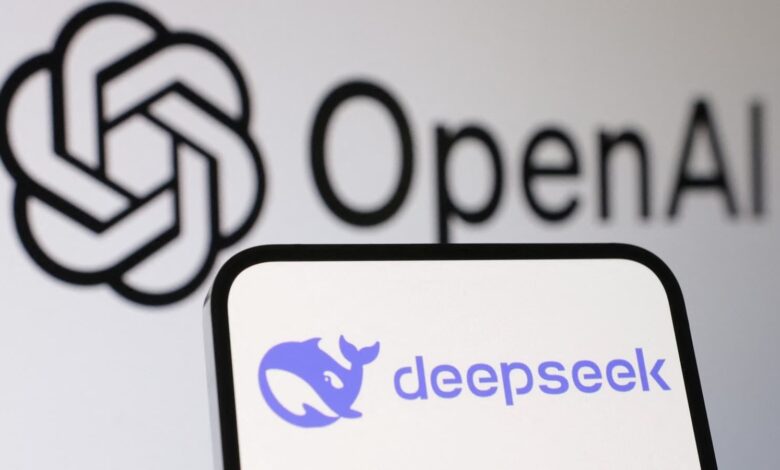DeepSeek’s Success Highlights India’s Potential in Developing Frontier AI Models
Can India Rise as a Global AI Power?

DeepSeek’s remarkable success in the AI domain has sparked conversations about India’s potential to develop its own frontier AI models. As artificial intelligence rapidly reshapes industries worldwide, DeepSeek’s advancements demonstrate that nations investing in AI research and infrastructure can build cutting-edge models capable of competing with global leaders like OpenAI, Google DeepMind, and Anthropic.
DeepSeek’s Rise in the AI Industry
DeepSeek, an AI startup that gained international recognition for its high-performance language models, has disrupted the AI landscape with its innovative research and deep-learning capabilities. It has successfully built a sophisticated AI system that competes with the best models available today, proving that AI leadership is no longer confined to tech giants based in the U.S. and China.
DeepSeek’s journey underscores the importance of strong research foundations, government support, and industry collaboration. By leveraging robust datasets, advanced algorithms, and scalable computing power, it has demonstrated that with the right approach, new players can emerge as formidable forces in AI development.
What India Can Learn from DeepSeek’s Success
India, home to a thriving tech ecosystem, a vast pool of engineering talent, and strong IT infrastructure, has the potential to build its own frontier AI models. However, several key elements need to be addressed for India to establish itself as a leader in AI research and development:
1. Investment in AI Research and Development
DeepSeek’s success highlights the importance of heavy investment in AI research. While India has made progress in AI applications and startups, it needs greater funding for foundational AI research. Government and private sector collaboration can drive large-scale AI projects.
2. Access to High-Quality Data
AI models thrive on high-quality, diverse datasets. DeepSeek leveraged massive datasets to train its models efficiently. India, with its vast linguistic and demographic diversity, has an opportunity to develop AI systems tailored to its unique market needs.
3. Advanced Computing Infrastructure
Building powerful AI models requires access to high-performance computing clusters and GPUs. India needs to strengthen its AI infrastructure through partnerships with global tech firms and increased investment in AI supercomputing resources.
4. AI Talent and Brain Drain
While India produces some of the world’s best AI researchers, many leave for opportunities in Silicon Valley, Europe, or China. DeepSeek’s success proves that with the right incentives, AI talent can stay within the country and contribute to domestic innovation.
5. Strong AI Policy and Ethical Regulations
To compete globally, India must establish clear policies for AI development, ensuring ethical and responsible AI usage. Government initiatives should focus on open-source AI models, public-private partnerships, and AI safety regulations.
The Road Ahead for India’s AI Ambitions
India has already taken steps toward AI leadership, with initiatives like the National AI Strategy and AI-focused research centers. However, the nation must accelerate its efforts in fundamental AI research to create large-scale models that can compete globally.
Several Indian startups and research institutions are making progress, but more needs to be done to bridge the gap between local AI applications and the development of foundational AI models like GPT, Gemini, and DeepSeek’s systems.
With the right investment, policy framework, and industry participation, India has the potential to emerge as a major player in AI development. DeepSeek’s journey is proof that countries beyond the U.S. and China can create top-tier AI models—India just needs to seize the opportunity.






